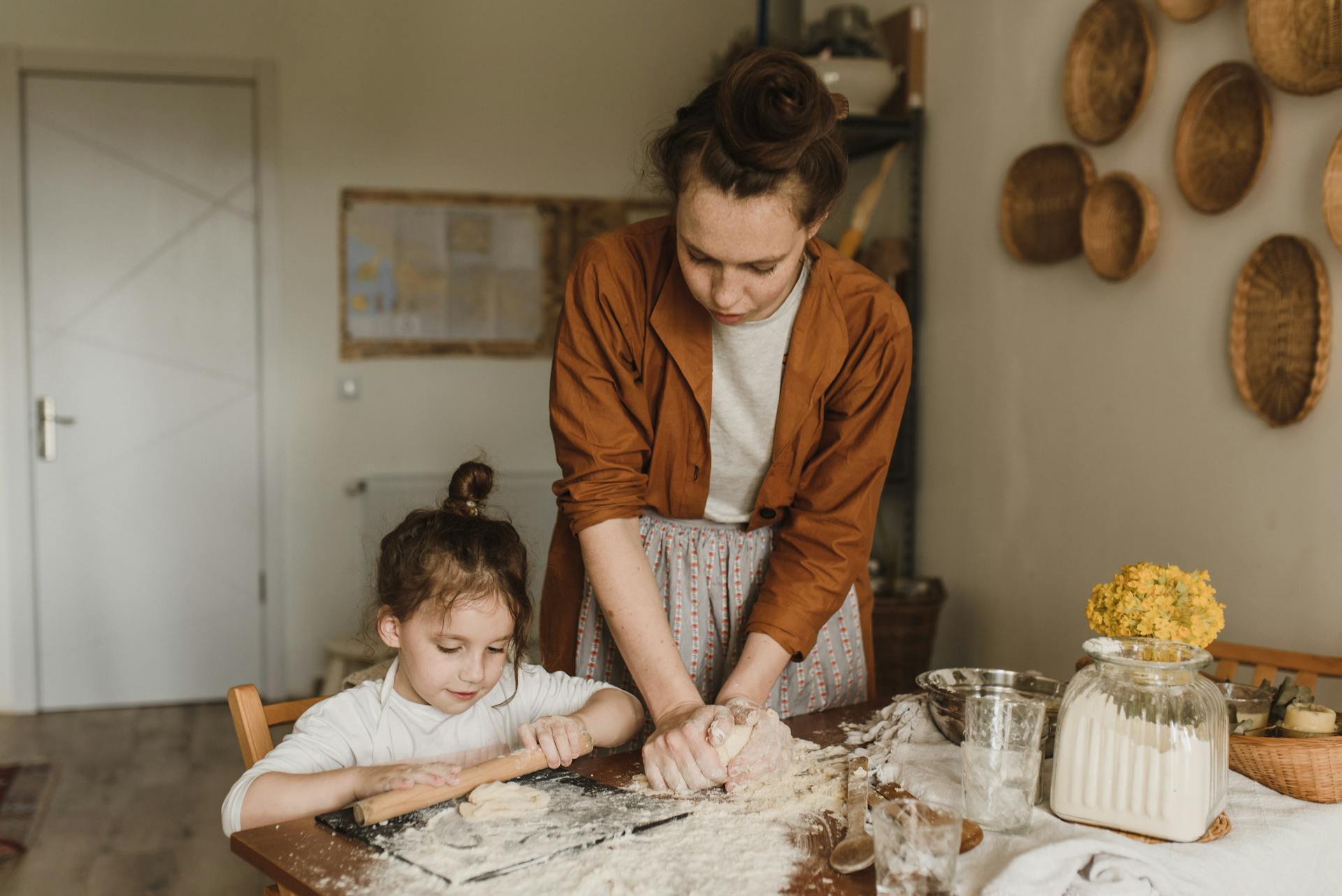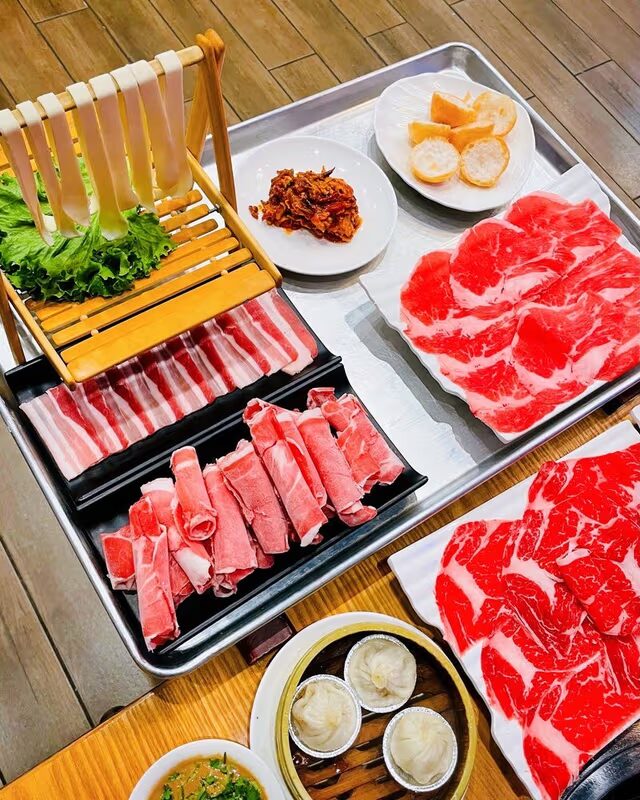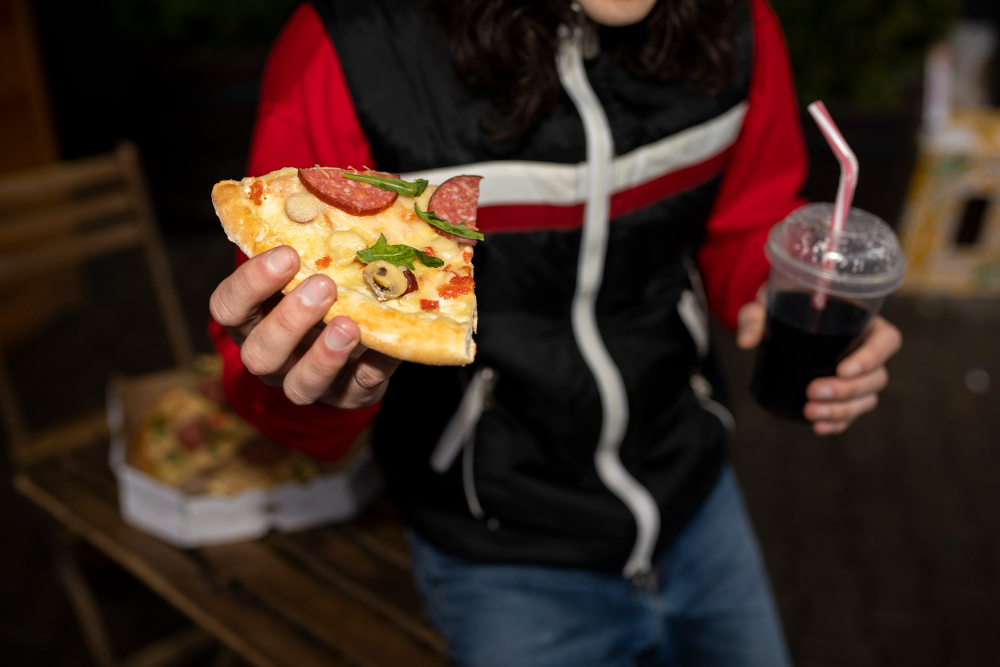
You’ve perhaps noticed how much pleasure children get from helping with tasks in the kitchen, particularly when it comes to baking. Children can develop their creativity, acquire useful skills and gain confidence through baking, which includes everything from cracking eggs to kneading dough—and, let’s face it, slipping in some chocolate chips along the way.
And never forget that there’s something wonderful about seeing your child proudly hold their customized cupcakes or pizza out of the oven. That is why finding excellent baking lessons can be an enjoyable endeavor for both the children and the parents.
But, let’s be honest: with numerous workshops popping up—some online, some at cooking studios, and others in community centers—it can be difficult to determine which one will best suit your child. There are a few important considerations to make when selecting the best baking lesson, regardless of whether you’re raising a future pizza expert or a little cookie connoisseur.
Here are some helpful tips to help you choose the right class, and yes, we’ll even discuss the importance of good flour while we’re at it!
1. Look for Classes That Match Your Child’s Age and Attention Span
Baking classes are not all the same. Some are geared toward older children who can comprehend elaborate instructions, while others are intended for younger children who love to decorate and experiment. Make sure to inquire with the instructor what age range the class has been tailored for. You want to challenge your child without overwhelming him or her.
When they feel successful, they are more likely to continue learning—and enjoy it! Oh, and in the early stages, simple recipes like cookies or pizzas made with top-notch cake flour and pizza flour are exceptional starting points—they’re entertaining to make and even more appealing to eat.
2. Ask About Hands-On Experience
Children do not want to sit back and watch; they want to get messy! Look for lessons in which they can blend, roll, mold, knead and decorate. These hands-on experiences are where all the magic (and learning!) happens. The more involved your child is, the better they will grasp how the ingredients work together.
Making pizza dough from scratch is a brilliant way to teach them about its significance of texture and technique. Some instructors even use special mixes of pizza flour to demonstrate the difference in dough stretch and chewiness—your child will be astounded by what flour can do.
3. Consider the Teacher’s Personality and Teaching Style
A good teacher can make a huge difference, as we all know. When it comes to baking with youngsters, you want someone who is not only talented in the kitchen but also calm, mindful, excited and good with kiddos.
When you stop by a class or conduct a trial session, observe how the teacher connects with the students. Do they encourage questioning? Do they understand messes and mistakes? A comfortable, engaging teacher can transform an ordinary baking lesson into a beloved weekly highlight—and might even encourage your child to attempt new recipes at home with their favorite cake flour and pizza flour!
4. Pay Attention to Ingredients and Kitchen Safety
Baking courses that emphasize fresh, high-quality ingredients and proper hygiene are a huge plus. Safety is essential, from teaching children to disinfect their hands before eating to showing them how to use basic utensils safely.
You should also check to see if the class accommodates allergies or dietary requirements. Little ingredient tips, such as how different kinds of pizza flour may determine a crust’s crispiness, are also included in a number of the top local classes. It’s an easy method to incorporate science into baking, and children enjoy the cause-and-effect discovery.
5. Ask Other Parents or Check Online Reviews
One of the most effective ways to find reputable, enjoyable baking classes is to speak with other parents. Ask around at school pickup, on playgrounds, or in your neighborhood Facebook group. When searching online, look for reviews and photos of previous classes. These can give you a better idea of what to expect.
Some parents even share which lessons helped their children fall in love with specific recipes—for example, how using authentic pizza flour in one class hooked their child on making a homemade Margherita pizza every Friday night!
6. Don’t Overlook At-Home and Virtual Options
There are some fantastic online or at-home baking kits for kids if you can’t find the right class in your area or if your schedule is difficult. Certain programs provide recipe cards, video instructions and pre-measured ingredients, making it incredibly simple to begin from your own kitchen.
You are able to render it a fun family activity. Just make sure to stock up on the essentials, such as high-quality pizza flour, as dough-based recipes are often found in the curriculum. Bonus: your entire house will smell fantastic!
_____________
Best Baking Lessons for Kids
Locating the right baking class for your child can lead to more than just mouthwatering treats—it’s a way to promote independence, foster creativity, and create sweet memories together. Whether you send your child to a bustling baking studio or set up your own miniature kitchen at home, the most important thing is that they have fun while gaining knowledge and experience.
Go ahead and start with basic favorites like pizza or muffins, study and test with ingredients like pizza flour and bread flour to explore texture and taste, and, most importantly, celebrate every small victory (even if the cupcakes turn out asymmetrical). You never know—your next family custom or future pastry chef might be just one baking lesson away!
_____________
ABOUT THE AUTHOR:
Nicole Ann Pore is an earnest content writer, committed to creating well-researched and impactful content that informs and inspires. During the day, she crafts compelling content for Mauri Baking Supplies Australia, a first-class source of top-tier bakery ingredients and solutions across New Zealand and Australia. Nicole is a Cum Laude graduate of De La Salle University Manila, Philippines, holding a Bachelor’s Degree in Communication Arts.


